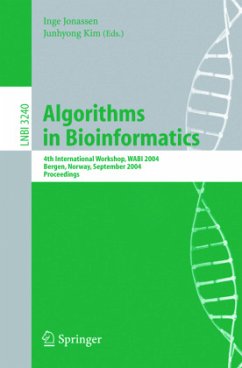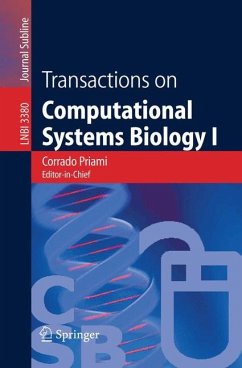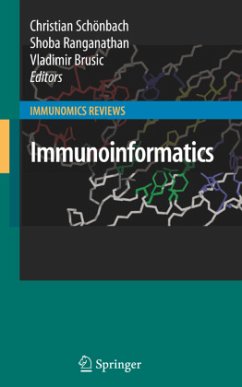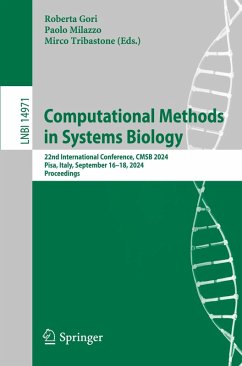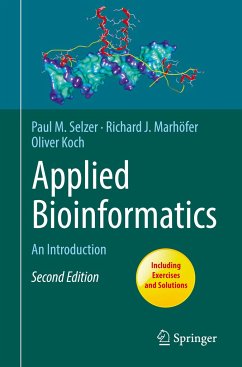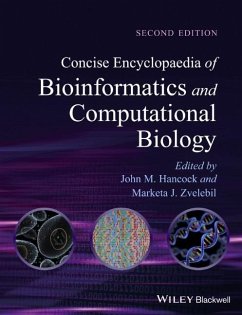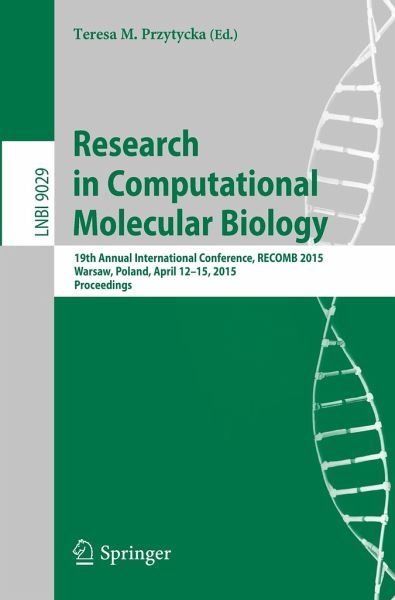
Research in Computational Molecular Biology
19th Annual International Conference, RECOMB 2015, Warsaw, Poland, April 12-15, 2015, Proceedings
Herausgegeben: Przytycka, Teresa M.

PAYBACK Punkte
19 °P sammeln!
This book constitutes the refereed proceedings of the 19th Annual International Conference on Research in Computational Molecular Biology, RECOMB 2015, held in Warsaw, Poland, in April 2015. The 36 extended abstracts were carefully reviewed and selected from 170 submissions. They report on original research in all areas of computational molecular biology and bioinformatics.





